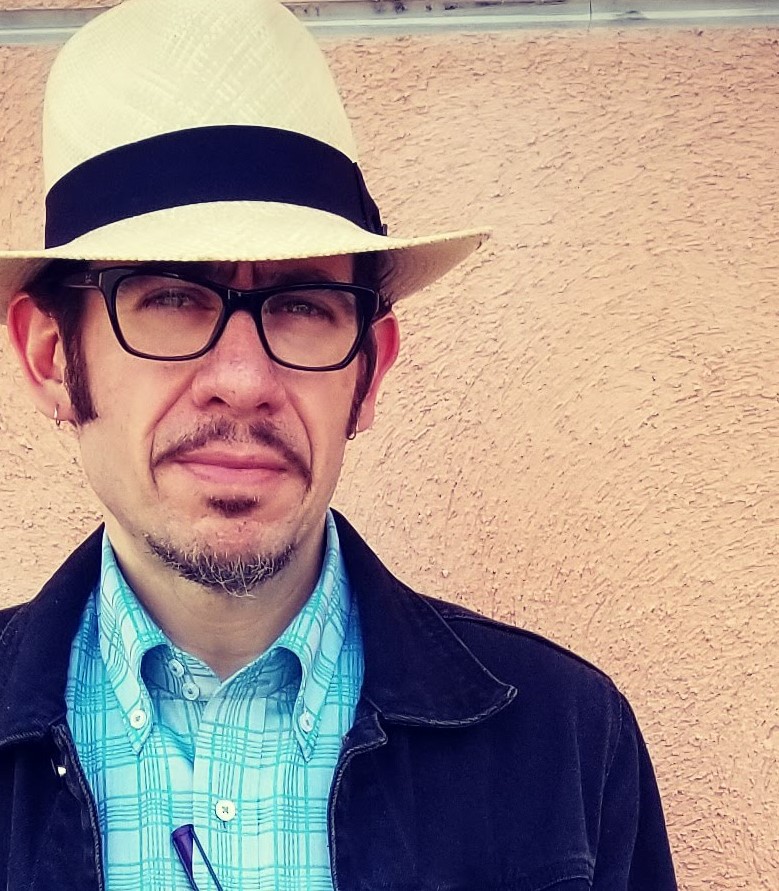I stumbled upon Hirofumi Asaba this past summer while sleuthing the Internet for venues in Tokyo, and he quickly became one of my favorite contemporary players.
The thing I like about his playing is that it doesn’t pander to “modernist” trends — he plays unapologetic swing jazz in the style of Barney Kessel and Charlie Christian, which is to say, just hard-swinging, blues-inflected jazz with great tone on a hollow-body guitar.
Even if you’re not familiar with the name Barney Kessel, you’ve heard him. Kessel was among the most prominent studio musicians of the 1960s. He played guitar behind everyone from Billie Holiday to Julie London, often on their most iconic recordings. Julie London’s “Cry Me a River” is a good example.
And it is this tradition from which Hirofumi draws to create his iconic sound. What’s more, his commitment to the bygone era doesn’t end with his tone. Even his wardrobe, the details of which he adds to each of his YouTube videos in meticulous production notes, hearkens back to the jazz age.
All of which questions why musicians stopped playing like this. I’ve written on this blog how tasteful guitarists, such as Kenny Burrell, fail to draw attention in the jazz world. How much great music never happened as a result of the academic world’s pursuit of the post-modern “Avant Garde” — an impulse that grew out of a desire for “seriousness” and “innovation”? Moreover, the so-called “innovations” in jazz that happened in the 1960s related more to political philosophies associated with the civil rights movement and critical theories in sociology than anything to do with combining sounds that evoke emotional responses in human beings.
Music as an art form, the focus of which strives to make listeners feel something, suffers when politics and philosophy — intellectual endeavors — get too involved.
Yet, it is the music most concerned with philosophy that predominates in American jazz still. The Kessel style that Hirofumi follows, which exemplifies the style most people associate with jazz guitar, hardly exists in the U.S. today. Most American jazz guitarists play some “fusion” of jazz and rock, or jazz and funk, or jazz and country, etc. Even guitarists who focus on traditional, or what’s sometimes called “straight ahead” jazz, will rarely play one style masterfully. They strive to prove their ability to play all styles and thereby become jacks-of-all-eras, masters of none.
But I digress. If you want to find Hirofumi online, like much of the Japanese jazz scene, he posts most often to Instagram.
As a long-time Facebook-abstainer (I deleted my Facebook account in 2011), recently, I had to create an Instagram account to follow local jazz venues. Hirofumi also has a YouTube channel. Here he is playing with the Asian Golden Swing Quartet (AGSQ):
You can hear more of the AGSQ quartet on Spotify:
Unfortunately, I didn’t manage to catch him live last year during that Tokyo trip, and much to my dismay, he doesn’t visit Osaka/Kyoto often. I hope to catch him, nevertheless, in the Tokyo area before the end of winter break.
Generated with AI ∙ January 2, 2024 at 9:27 PM


Leave a comment